
Viktoriya Sus
@viktoriya-sus
Viktoriya is a writer from L’viv, Ukraine, with a passion for both ancient and modern philosophy. She enjoys exploring how modern philosophical movements, such as existentialism and phenomenology, address contemporary issues like identity, freedom, and the human condition. In her free time, Viktoriya loves analyzing the works of thinkers like Sartre and Heidegger to see how their ideas resonate today. Beyond philosophy, she enjoys traveling, learning new languages, and visiting museums, always seeking inspiration in art and culture.
Areas of Expertise
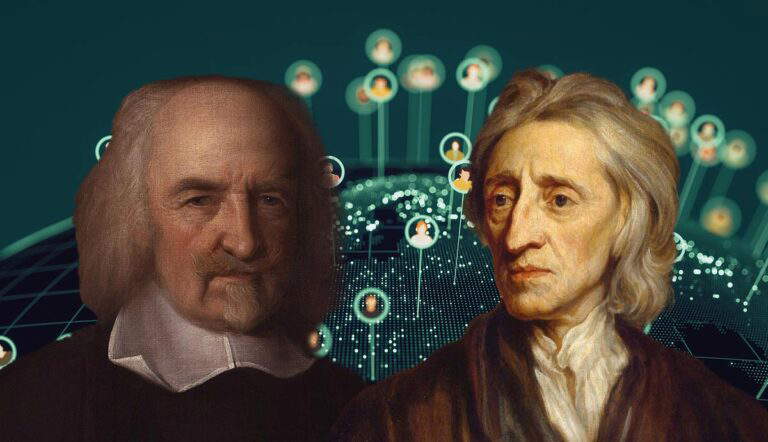
Hobbes vs. Locke in the Era of Digital Democracy
Hobbes and Locke had opposite ideas of democracy. While the former insisted on strong control, the latter emphasized freedoms and rights.

Why Do We Keep Telling the Same Stories? Archetypes in Pop Culture
Archetypes aren't just storytelling tools—they're reflections of us. We keep retelling them because they help us feel understood.
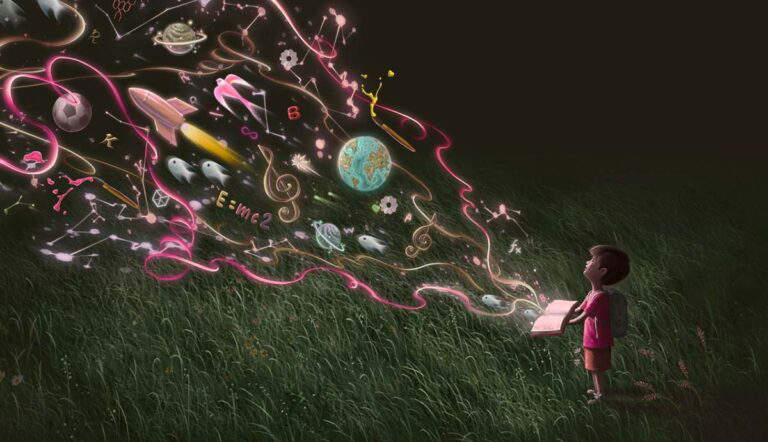
The Extraordinary Symbolism Behind Carl Jung’s Child Archetype
Jung's Child Archetype reveals your hidden potential, reminding you that healing, growth, and wonder begin with your inner child.
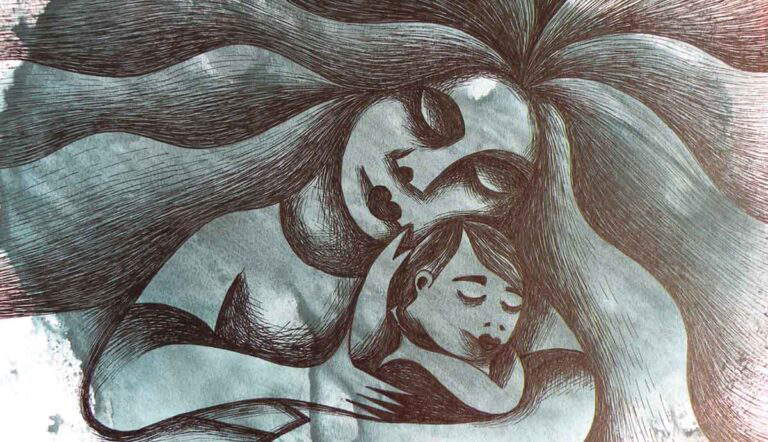
The Mother Archetype in Carl Jung’s Theory
Jung’s Mother Archetype demonstrates the way in which care and authority influence our development.

Why Do We See Ourselves in Others? Carl Jung on Projection
Jung's concept of projection reveals how we perceive ourselves in others, transforming self-awareness into a pathway toward empathy and growth.
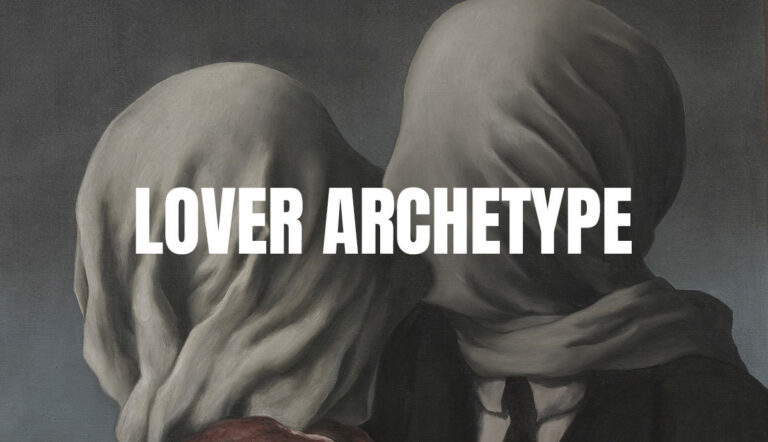
The Lover Archetype & What Jung Revealed About Passion and Connection
The Lover archetype teaches us to feel deeply, seek beauty, and connect meaningfully, reminding us that emotions are a powerful source of wisdom.
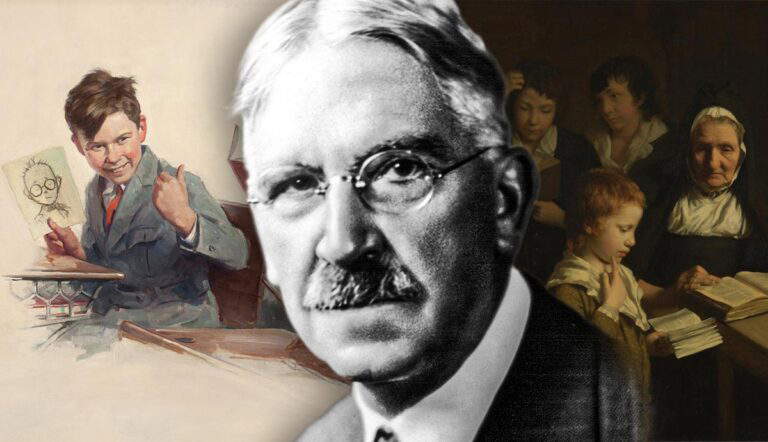
Why John Dewey’s Philosophy Is Still Relevant
Dewey's philosophy enables us to acquire knowledge through action, grow from lived experiences, and construct a more democratic world.
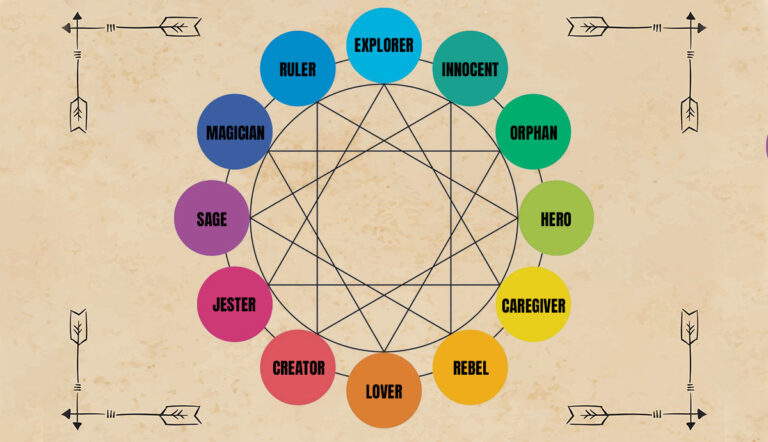
What Do the 12 Jungian Archetypes Reveal About You?
Find out how Jungian archetypes influence your life, help you gain insight into your inner self, and help you achieve personal growth!
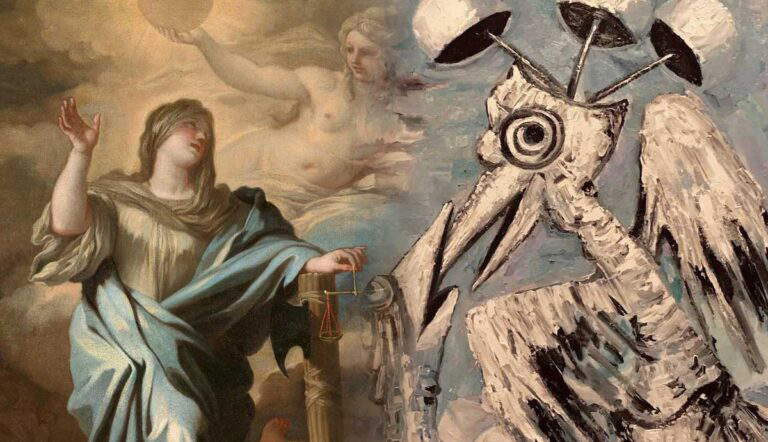
Are Utilitarianism and Consequentialism the Same Thing?
Utilitarianism falls under the umbrella of consequentialism, yet it is not the sole member. So, what's the difference?
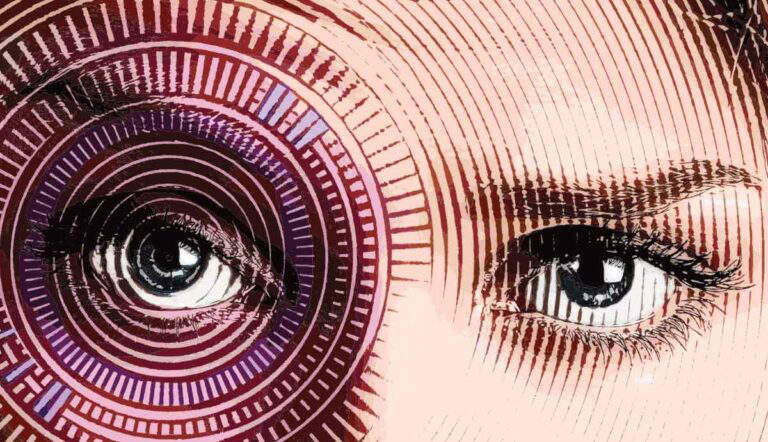
Free Will or Fate? How Archetypes Shape Our Choices
Archetypes shape us, but don't trap us. By understanding their power, we gain the freedom to rewrite our own stories.

5 Quotes by Thomas Hobbes Explained
Hobbes teaches us to seek truth, beware of manipulation, understand human nature, value science, and approach language cautiously.

The Quiet Desperation of Adolescence and Its Struggles in Art and Philosophy
The unseen side of adolescence reveals deep loneliness shaped by identity struggles, social changes, and emotional challenges that often go unnoticed.
- …